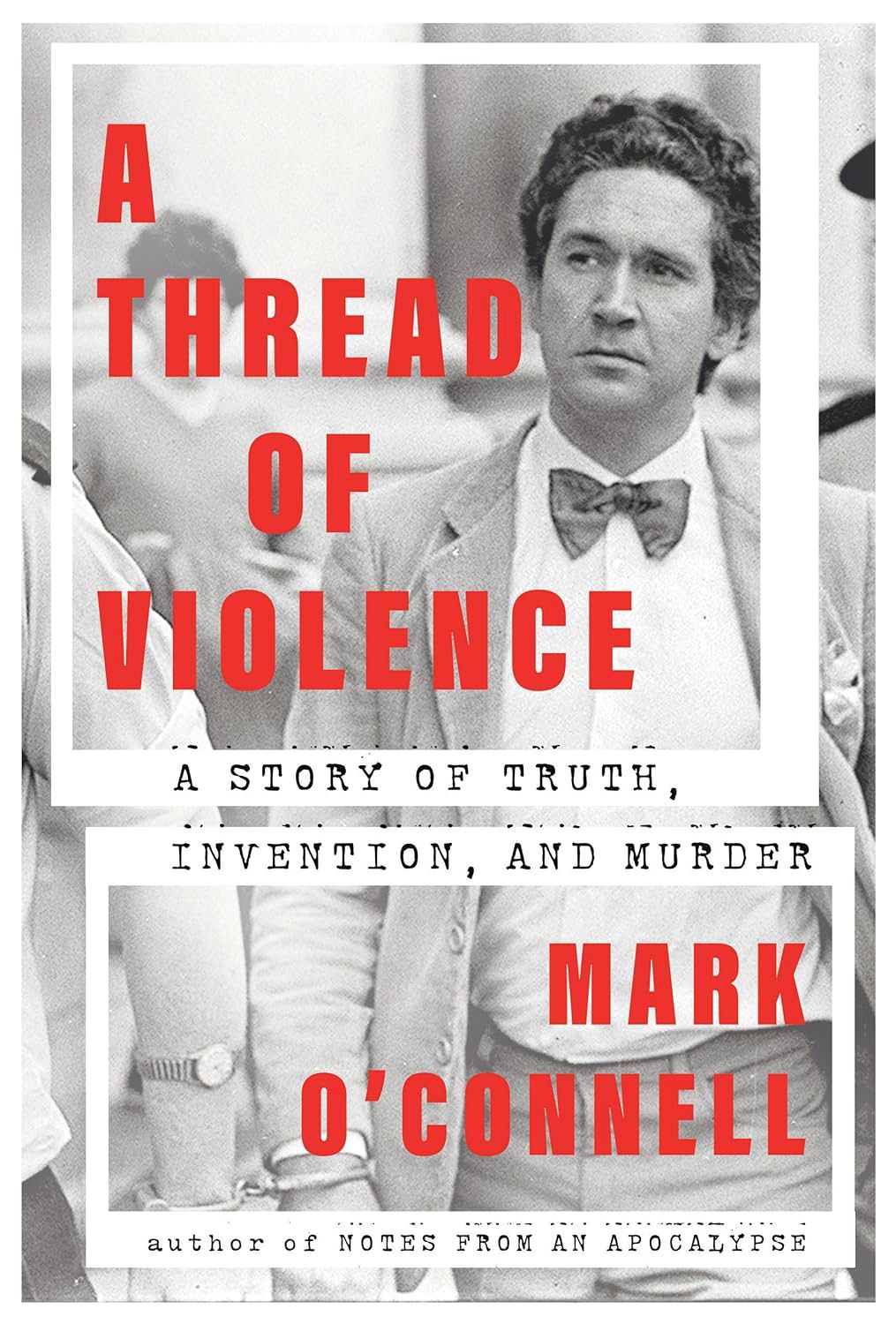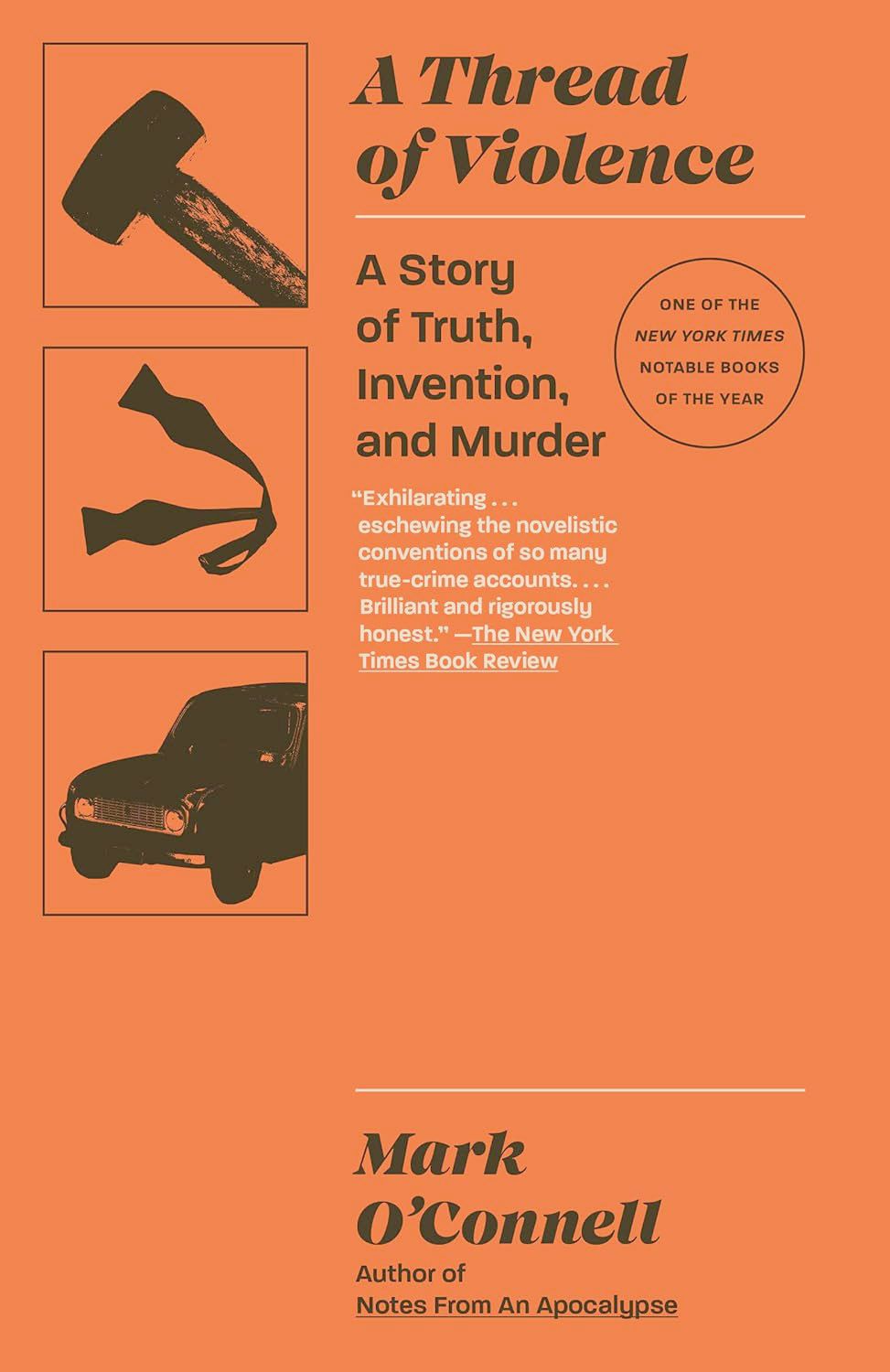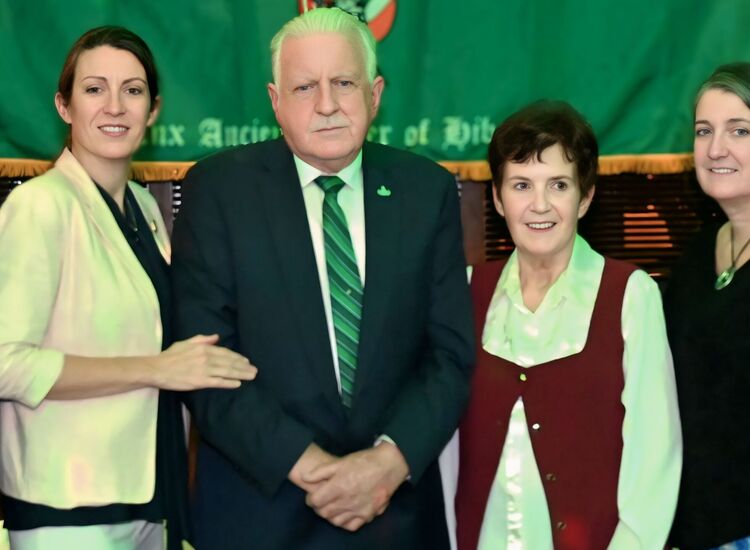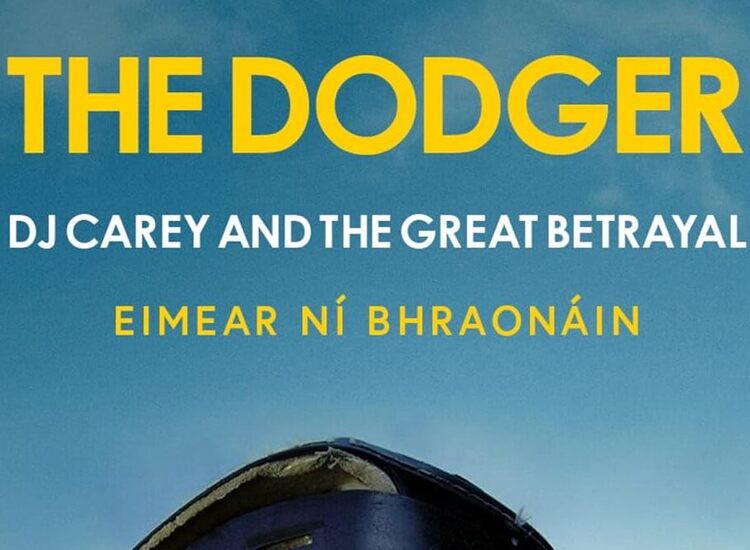As I recall, it was a quiet enough evening; quiet enough as a newsroom goes. And it was the middle of August, height of the “silly season.” Only this particular season wasn’t all silly. To a degree, but only to a degree, the readers of Irish newspapers, TV watchers and radio listeners, were by now used to grim stories from over the border in Northern Ireland.
Ireland, the bulk of it to the south of the border, had seen its share of Troubles-related news too. So by July of 1982 the hard stuff, from the North and South, had been on news lists for almost a decade and a half. And then there was the murder in Dublin’s Phoenix Park. A violent death on a sunny day in a supposedly safe place, a green oasis with only two permanent residents: the President of Ireland and the U.S. Ambassador.
Nurse Bridie Gargan was sunning herself in the park. It was July 22. It would the final day of her 27 years of life. Bridie’s chosen spot in the park was the last location anyone would describe as wrong place. But it would be wrong time.
Bridie had the absolute misfortune of being spotted by Malcolm Macarthur, a fringe socialite given to wearing bow ties and coming up with wild ideas to restore his fast vanishing inheritance. One wild idea was robbing a bank, a task that would require an escape car. It would also require a gun. Macarthur had seen a newspaper ad taken out by a farmer in County Offaly named Donal Dunne.
Dunne was putting a shotgun up for sale. The car would get Malcolm Macarthur to Offaly and his required weapon. Macarthur’s attempt to steal Bridie Gargan’s car would result in her resisting his brazen effort. Macarthur bludgeoned her with a hammer.
As she lay dying in the back seat Macarthur, bizarrely, found himself being escorted to a hospital by an ambulance because of a medical sticker on the window of the car. He abandoned the vehicle and abandoned Bridie Gargan to her fate. Later, Macarthur found his way to Offaly and Donal Dunne’s farm.
Macarthur would fatally shoot the farmer with the man’s own gun. A languid summer had given away to murderous events and shocking headlines.
A few days after Bridie Gargan’s murder I was working a shift at the Irish Press. The Press, with its building on Dublin’s Burgh Quay, was a bustling place with three newspapers, Irish Press, Evening Press and Sunday Press.
The three titles ensured near round the clock activity. I was approached by the Deputy News Editor, Michael Keane. He had a very particular assignment for me.
I was to interview Bridie Gargan’s parents. And I was expected to be sensitive, as was the assigned photographer, Frank Miller. Frank was a low key picture man. You might not even notice his working in close proximity to you. Michael Keane reckoned I could be low key too.
The Gargans were still in shock. This job had to be handled carefully.
Frank and I drove to county Meath where the Gargans lived in a small house. I sat and Frank stood, quietly snapping away. Bridie’s father did not engage, though he kept talking to himself.
He was likely on prescribed drugs. I remember him imagining what he would do to his daughter’s killer if he got his hands on him. I remember the words “axe” and “hatchet.”
It was Bridie’s mother who spoke of their daughter. She spoke lovingly and sadly. She needed little or no prompting over cups of tea. At this point, Macarthur was still at large. And he would remain so until the evening of August 13, that quiet enough evening.
The hardcover edition with Malcolm Macarthur on the cover.
It is a thing about a newsroom. It can go from zero to a hundred miles an hour in mere moments. News came in, crashed in really, that a man had been arrested in the apartment of the Irish Attorney General, Patrick Connolly.
The man arrested was the most wanted man in the land, Malcolm Macarthur. You could not, as the saying goes, make this stuff up. What this stuff ultimately amounted to was the summer of GUBU, an acronym drawn from the words of Taoiseach Charles Haughey: “grotesque, unbelievable, bizarre, unprecedented.”
I was standing at one end of the Irish Press newsroom when GUBU charged in the door. I have a clear picture of the Chief Sub (Copy) Editor John Banville turning in his swivel chair with the kind of look on his face that could only be generated by a mind that worked on multiple levels simultaneously.
Banville, a Booker Prize winner who is today one of Ireland’s most revered writers, would later pen a book on the GUBU summer. It would be a thinly disguised fiction account entitled “The Book of Evidence.”
As such, Banville can be considered an expert judge of a much more recent book focused on Malcolm Macarthur, “A Thread of Violence,” by Mark O’Connell. O’Connell, himself a literary prize winner, spent what a publicity release describes as “countless hours in conversation with Macarthur - interviews that veered from confession to evasion.
“Through their tense exchanges and O’Connell’s independent reporting, a pair of narratives unspools: a riveting account of Macarthur's crimes and a study of the hazy line between truth and invention. We come to see not only the enormity of the murders but the damage that’s inflicted when a life is rendered into story.”
The newly released paperback edition.
These interviews were not conducted in a prison as Macarthur, now 79, was set free in September, 2012. When it came out in hardcover last year, O’Connell’s tome received multiple rave reviews.
One of them came from John Banville who opined: “In A Thread of Violence, Mark O’Connell has investigated, with immense skill and insight, the mind of a double murderer, and in the process has shown the essential mysteriousness of such a mind - perhaps of any mind.
The result is a beautifully wrought narrative that is at once frightening and thrilling. A masterly work.” O’Connell’s masterly work was released in paperback earlier this month.
Interviewing Malcolm Macarthur multiple times was no easy task. Interviewing the grieving Gargans but once was no easy task either. But the contrast between the two could not be greater.
The summer of GUBU still lingers. “A Thread of Violence” is published in the U.S. by Penguin Random House.
It is available on Amazon, Barnes&Noble.com, and from all good bookstores.








